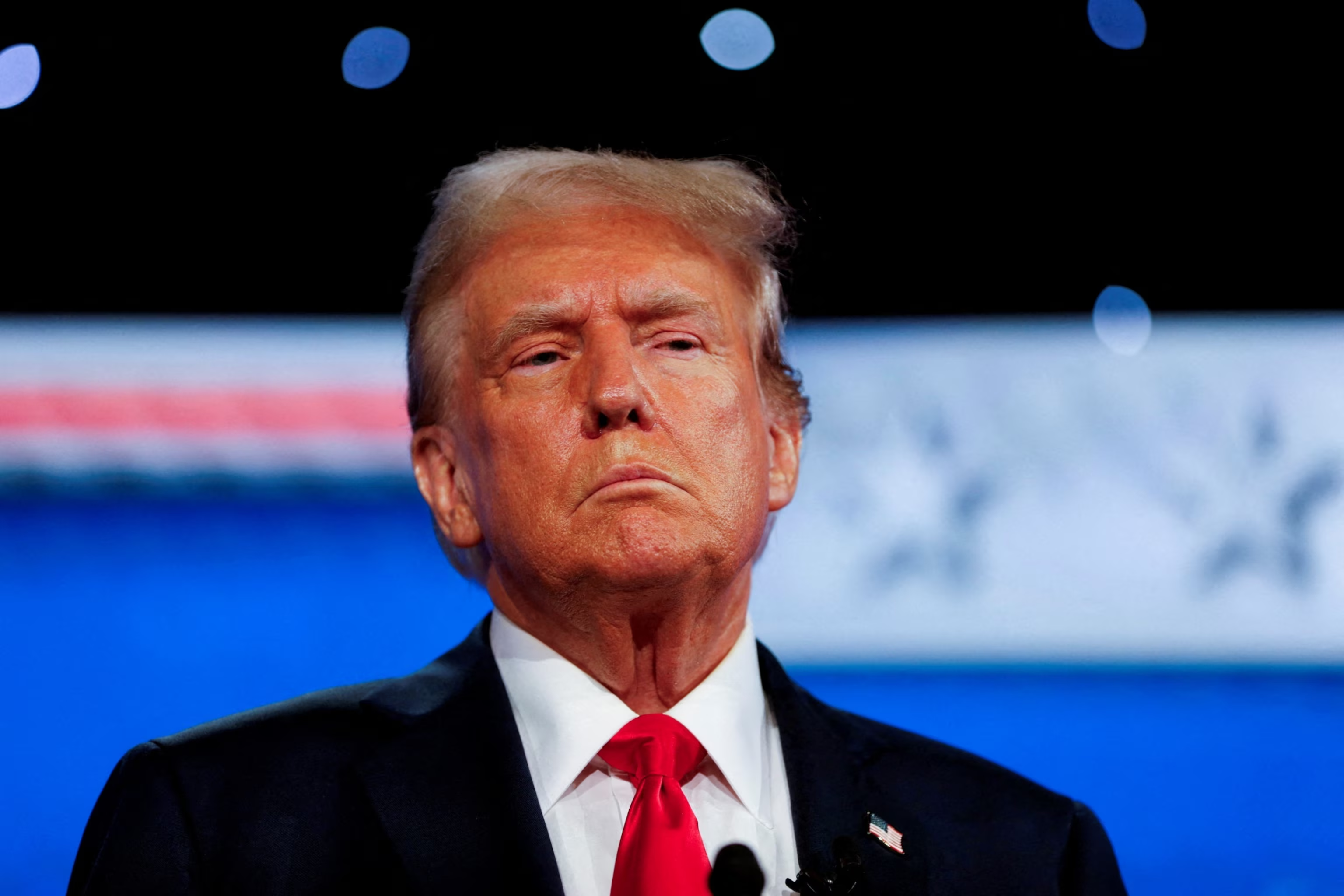In the wake of FTX’s collapse, the crypto industry was plunged. Prices plummeted, investors scrambled to cut their losses, and startup funding evaporated. Amid the chaos, the spotlight turned to Changpeng Zhao, the founder of Binance, as the last remaining tycoon in the crypto world after the swift fall of Sam Bankman-Fried.
With a grand vision to rescue struggling startups, Zhao rallied industry leaders to raise a minimum of $1 billion. However, according to Bloomberg, the Industry Recovery Initiative (IRI) fell short of expectations nearly a year later, leaving the crypto market starved for cash and companies on the brink of collapse.
Changpeng Zhao’s $1 Billion Rescue Plan Fails To Deliver
Per the report, Zhao’s plan aimed to provide a lifeline to promising startups facing financial constraints beyond their control. Time was of the essence, as Zhao emphasized in a Bloomberg Television interview on November 24.
However, a recent analysis by Bloomberg News of public digital-asset wallets associated with the IRI reveals that less than $30 million has been deployed since its inception.
Only one of the nine named participants has invested all their committed funds. This lackluster outcome has left the crypto asset sector struggling, with companies forced to downsize and cut jobs to remain afloat.
While several well-known companies, including market maker Jump Crypto and Animoca Brands, joined the IRI with around $70 million in funds, none came close to Binance’s roughly $1 billion contribution in its branded stablecoin Binance USD (BUSD).
According to Bloomberg, the IRI was structured differently from a traditional fund, with participants having the freedom to invest their committed funds as they saw fit, whether through acquiring stakes in companies or outright acquisitions. Binance claimed 18 companies participated, but only nine were publicly identified.
Binance Rescue Initiative Raises Questions
Transparency was a key selling point of the IRI, as Zhao emphasized using public wallets to ensure accountability. However, the initiative fell short of this promise, according to Bloomberg.
Allegedly, Binance has since moved $985 million of the committed funds back to its corporate treasury for other investments. The last publicly announced deal through the IRI was Binance’s $15 million majority stake purchase in South Korean crypto exchange GOPAX, pending regulatory approval.
While Binance’s intentions to rescue the crypto market were commendable, the lack of follow-through has raised concerns about the industry’s future. Venture capital investment in crypto firms plummeted after the FTX collapse and has struggled to recover.
Startups face challenges in securing funding, with deals taking longer to close. The consequences are dire, leaving many startups in precarious positions and hindering their growth prospects.
As of the current writing, Binance Coin (BNB) is trading at $207, showing a slight increase of 0.1% over the past 24 hours. On Monday, BNB made an unsuccessful attempt to break through its nearest resistance level, located at $213.
Featured image from Shutterstock, chart from TradingView.com
Credit: Source link























